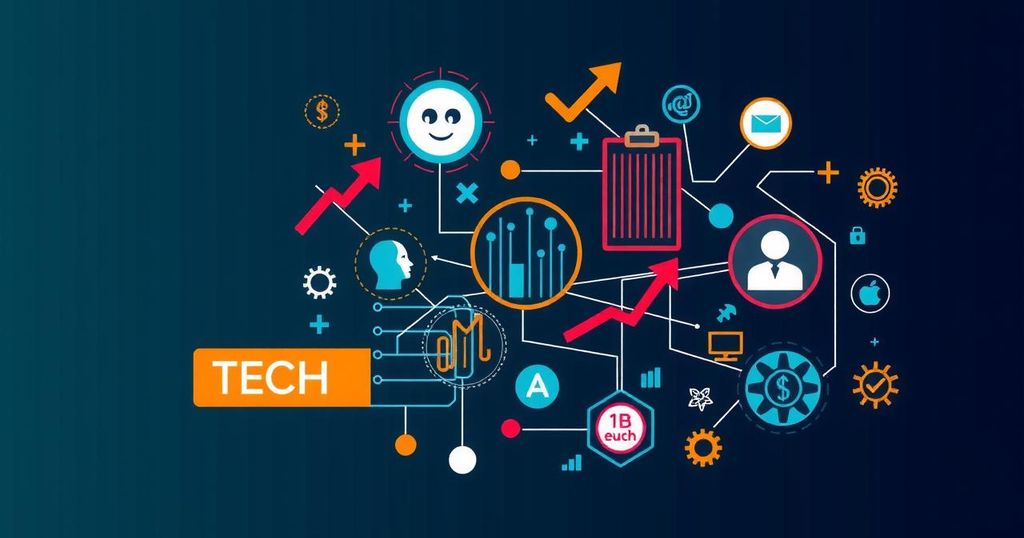Why Consumer Adoption Is Crucial for Tech Innovations to Succeed
The article highlights that the ultimate success of technological innovations lies in their acceptance by consumers rather than just their development. Despite rapid advancements from tech giants, a gap exists between innovation and consumer readiness, with many users uncomfortable using new tools. Companies must prioritize user experience and understanding customer behavior to foster adoption and ensure technology genuinely enriches lives.
In an era where the rapid evolution of technology shapes our everyday lives, from AI to virtual reality, one critical element often slips through the cracks: consumer readiness. Major players like Microsoft and Google are at the forefront, revolutionizing industries with intelligent tools. Yet, as they push boundaries, they must grapple with a pressing question: Are consumers truly equipped to embrace these innovations? The gap between technological advancement and user acceptance is glaringly evident.
Despite the constant innovation wave, a 2023 Deloitte report indicated that only half of consumers feel comfortable using AI-based services, even though 70% of tech leaders view AI and automation as vital. This disparity underscores a sobering reality: no matter how groundbreaking a new tool may be, if it overwhelms or disorients users, it risks failing to find a foothold in the market.
User experience stands as the battleground in this tech race. A product’s interface must be user-friendly; otherwise, it’s likely to be discarded. For instance, while smart home technology is on the rise, many users abandon it due to complicated setups. PwC revealed that 60% of customers cited difficult user experiences as a primary reason for dissatisfaction. Thus, comprehending consumer behavior is as crucial as fostering innovation itself.
It’s imperative for companies to ensure that users feel empowered and engaged with new technologies. As the industry shifts, those prioritizing seamless integration and a delightful experience for consumers will emerge as leaders in this tech-driven future. Emphasizing human connection in the realm of technology becomes the cornerstone for lasting success, propelling innovations from mere concepts into indispensable parts of our daily lives.
The intersection of technology and human behavior plays a decisive role in determining the success of new innovations. In a landscape driven by giants like Microsoft and Google, the adoption of revolutionary tools hinges not only on their development but also on a nuanced understanding of consumer needs. Despite the emerging trends, the pivotal question remains whether consumers are prepared to embrace these advancements, making user experience a vital focus to bridge the gap between innovative potential and practical application.
In summary, while technological innovation continues to surge forward, the success of these advancements is not guaranteed. Companies must prioritize user experience, understanding consumer behavior, and ensuring that individuals feel knowledgeable and comfortable with new technologies. Only then can innovations transition from mere novelties to essential tools that improve lives and work environments. The future of technology will belong to those who recognize and address these human elements at the heart of digital transformation.
Original Source: www.news18.com




Post Comment